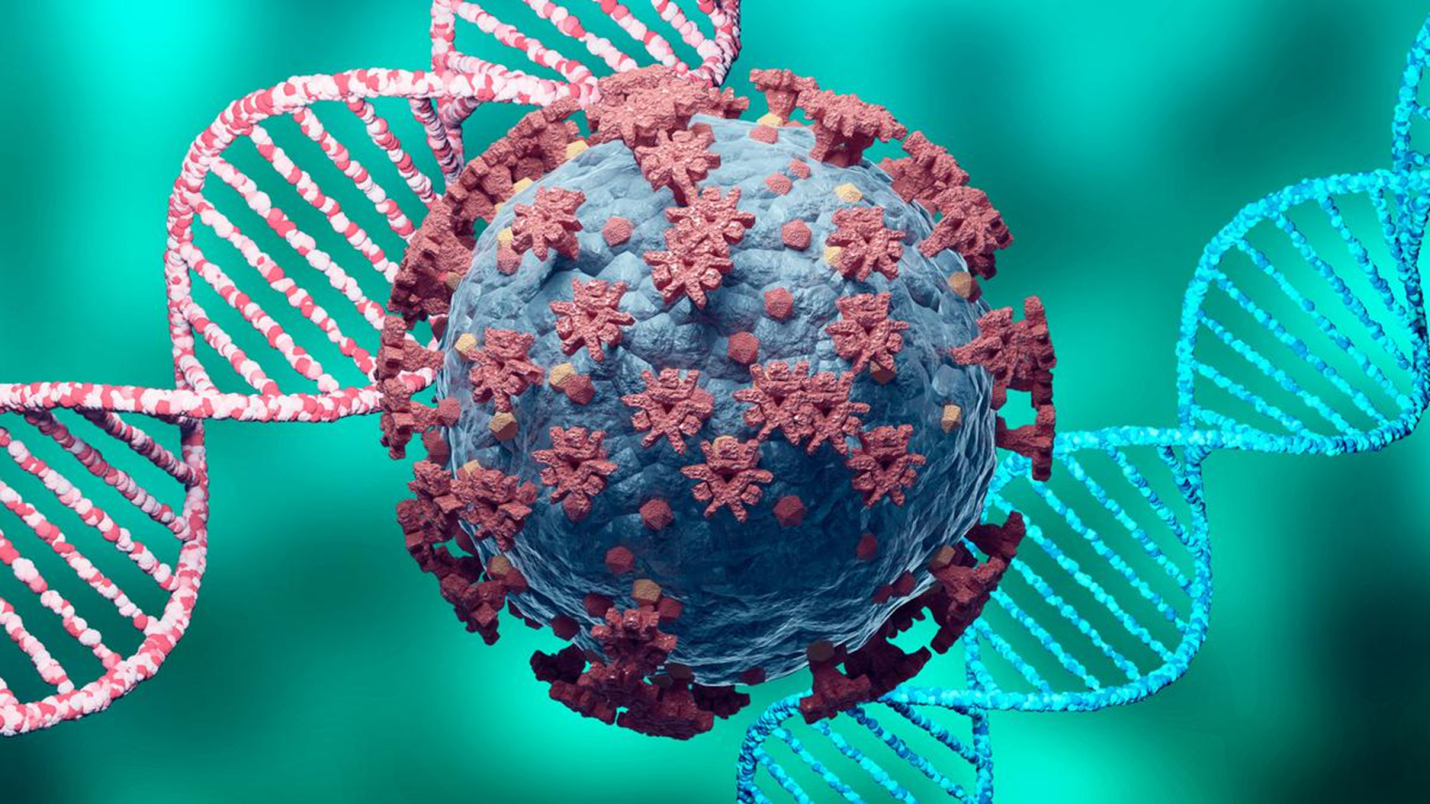Free Courses Sale ends Soon, Get It Now


Free Courses Sale ends Soon, Get It Now



Copyright infringement not intended
Context: The study conducted by researchers at the Indian Institute of Science (IISc.) and collaborators has revealed the anti-viral potential of picolinic acid, a natural compound produced by mammalian cells.
Details
Key findings and implications of the study
Blocking Enveloped Viruses
Disrupting Viral Entry
Antiviral Activity
Impact on COVID-19
Immunomodulatory Effect
Therapeutic Development
The Study's findings have significant implications:
Potential Broad-Spectrum Therapeutic
Novel Mechanism of Action
Alternative to Antiviral Drugs
While the study holds promise, some challenges need to be addressed:
Way Forward
Conclusion
|
PRACTICE QUESTION Q. Picolinic acid has been studied for its anti-viral activity against enveloped viruses. What is the significance of this feature? A) Enveloped viruses have a higher potential for mutation and drug resistance. B) Enveloped viruses are more prevalent in the environment. C) Enveloped viruses have an extra outer membrane that is essential for viral entry into host cells. D) Enveloped viruses have a lower rate of replication compared to non-enveloped viruses. Answer: C Explanation: Enveloped viruses have an extra outer membrane that is essential for viral entry into host cells. Picolinic acid specifically targets and disrupts the fusion between the virus envelope and the host cell membrane, preventing the virus's genetic material from entering the host cell and initiating replication. This makes picolinic acid effective against a variety of enveloped viruses, including those with pandemic potential. |
© 2024 iasgyan. All right reserved